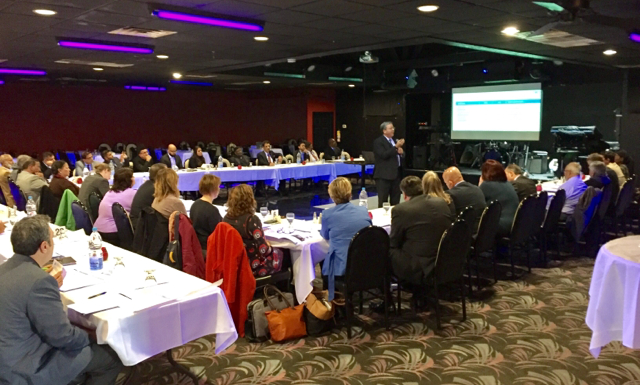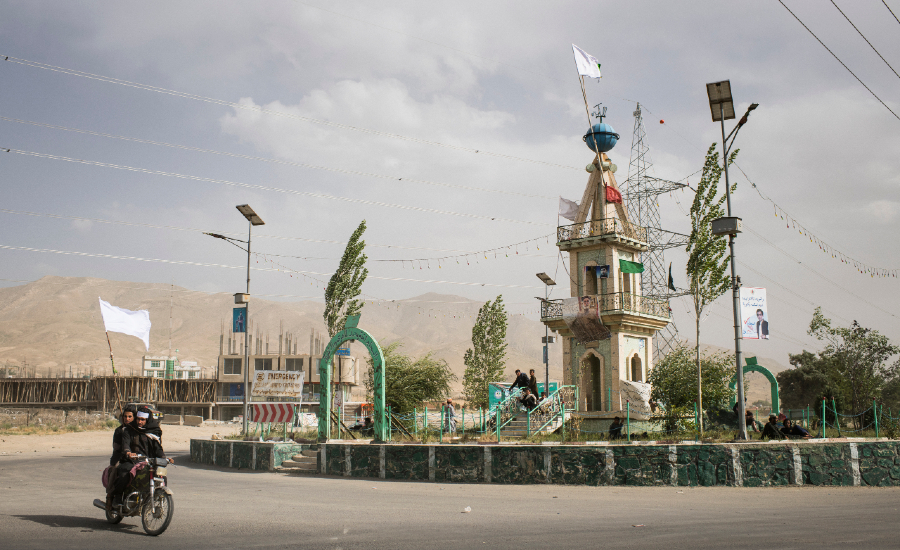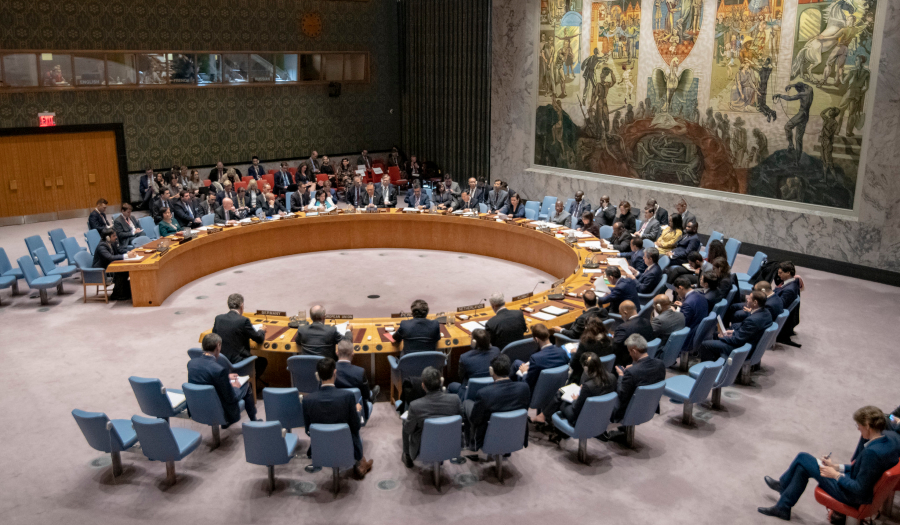-

To Prevent Extremist Violence in the United States, Think Beyond the Homeland Security Box
Other agencies can better promote CVE initiatives by building bridges to communities and taking a less security-focused approach. -

"Little Sparta" and the Good Problem of Capable Allies
The United States finally has a capable partner in the Middle East, but with military competence comes increasing policy independence. -

Five Ways Telecommunications Companies Can Fight Internet Shutdowns
Telecommunications companies and rights groups can accomplish more by working together to push back internet disruptions. -

The Growing Risk of Inadvertent Escalation Between Washington and Beijing
The pandemic has reduced the Asia-Pacific’s limited capacity to deal with security contingencies and has exacerbated great-power tensions. -

The Real Security Innovation Gap
The United States risks falling behind on microelectronics, telecommunications and biotech, and the private sector can only do so much to help. -

The Exaggerated Threat of Oil Wars
Countries won’t fight for oil in the South China Sea—or anywhere else. -

Should Congress Play a Role in Arms Sales?
The Trump administration is considering ending one of the few congressional checks on arms sales to foreign countries. -

What Does a "Terrorist" Designation Mean?
A label is different from enforcement—it's about sending a signal. -

Wuhan, From the Cultural Revolution to COVID-19
Four lessons about what the history of the province where the coronavirus emerged tells us about the Chinese Communist Party. -

Afghanistan Between Negotiations: How the Doha Agreement Will Affect Intra-Afghan Peace
The Taliban left Doha with an advantage and is now raising the pressure on the Afghan government. -

The United Nations and the Accidental Rise of Covert Intervention
The signing of the U.N. Charter 75 years ago has changed not only the number of wars between states, but how they have been fought. -

The Challenges of Effective Counterterrorism Intelligence in the 2020s
Emerging trends in terrorist attacks will present new challenges for agencies working to prevent them.
The upcoming main navigation can be gotten through utilizing the tab key. Any buttons that open a sub navigation can be triggered by the space or enter key.
















